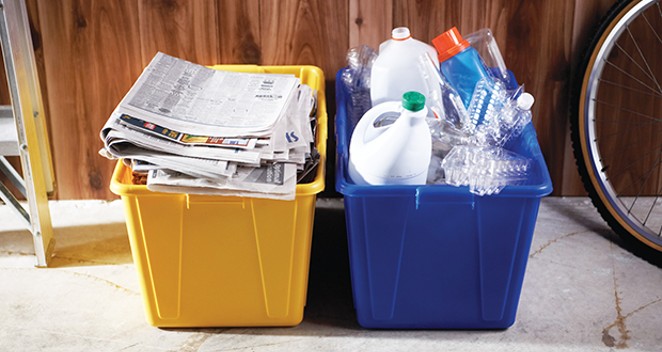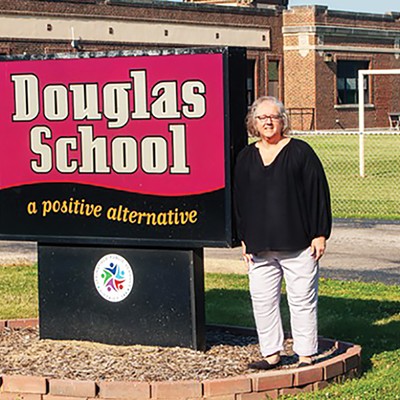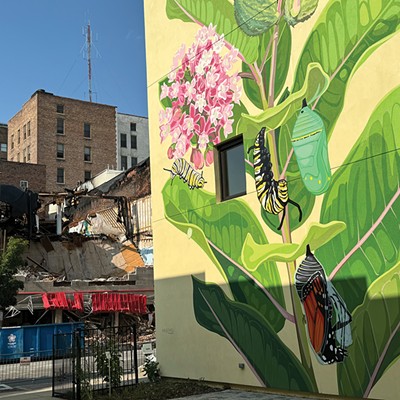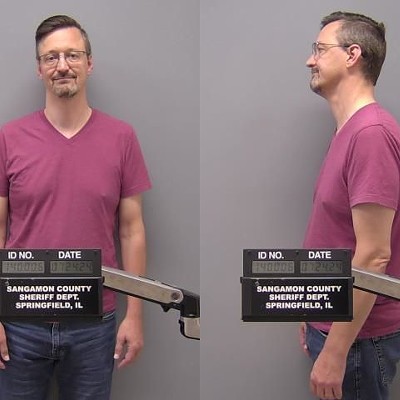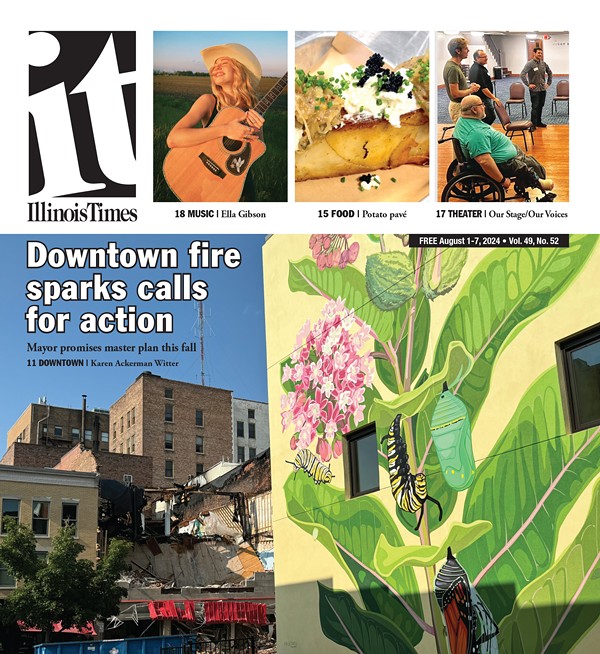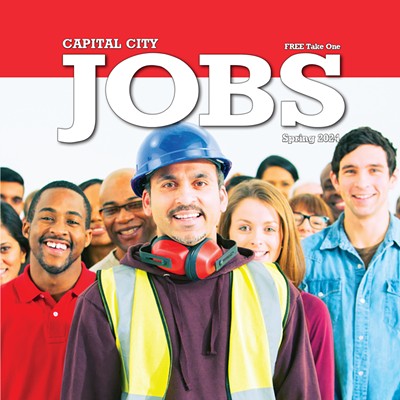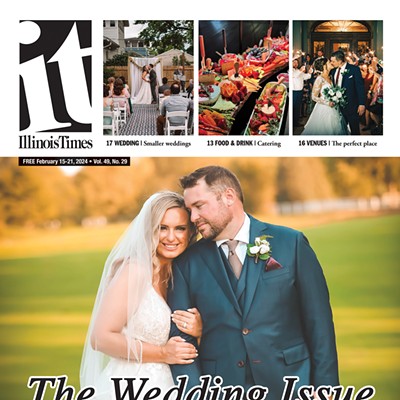PROUD TO RECYCLE
Imagine my dismay when I opened my IT to the headline “The blue badge of shame” and then proceeded to read Bruce Rushton’s anti-recycling opinion piece (Feb. 28). After I got over my initial anger that a well-respected local journalist was essentially telling people not to recycle, I decided some education is in order.
Indeed, the Chinese have decided to no longer accept American recycling. But it is not as Mr. Rushton claims, that they consider it trash. It’s that, rightly so, they decided that Americans made these recyclables, and Americans should be responsible for dealing with them.
I would point Mr. Rushton toward two very enlightening reports published in the past year or so. The first is a 2018 article on plastics from National Geographic with some truly horrifying photos, part of the magazine’s “Planet or Plastic?” initiative. The Great Pacific garbage patch is real, it’s doing incredible environmental damage to wildlife and unless we reduce our consumption, it will get worse.
The other is the Feb. 12 episode of the podcast “99% Invisible” called National Sword, which is the name for the Chinese program that cut off the flow of recyclables from the US. In typical 99PI fashion, it gets behind the headlines to report on what’s really going on.
I am a lifelong recycler and remember picking up cans and bottles with my family on walks around our neighborhood. As an adult, I recycle everything I possibly can and have made a giant effort in past years to reduce my consumption, something Mr. Rushton barely touched on. I bring my reusable bags everywhere, make my own consumer products such as laundry detergent and never drink bottled water, much less drive an SUV.
We have a long way to go to get to a less waste-filled future, but I have no doubt we can get there. Smarter people than me are working the problem from many angles. More encouraging and instructional media reports may be a start
Kerri Skrudland
Springfield
ANTI-RACISM EFFORTS
The recent Governing magazine article that documents Springfield’s long-standing segregation and the resulting income disparity between black and white households here should be required reading for everyone. The extensive, well-researched article explains the practices and policies that – to this day – maintain racial segregation and discourage homeownership and economic advancement by people of color.
While many of the statistics are depressing on their face, including the finding that black household income here is, on average, only 41 percent of that of white households, the statistics could serve as benchmarks for efforts to bring about positive societal change, promote racial unity and level the long-tilted economic playing field that reinforces the status quo and makes equitable progress a painfully slow process.
Using the article’s myriad statistics as social benchmarks was discussed at a recent brainstorming session between a handful of members of the Springfield Race Unity committee and the Springfield Coalition on Dismantling Racism. The group is planning to reconvene a gathering of some 75 concerned citizens that met last September at the Springfield Dominican Sisters motherhouse to broadly consider “What would an anti-racist Springfield look like?” and what policies or changes are needed to make that vision a reality.
Those who participated in the recent brainstorming session are also hopeful that the various Springfield-area faith communities will use the Governing magazine article as a call to be about transforming Lincoln’s hometown into a leader of social justice and racial equity, which will not occur without the persistent efforts of many throughout our community.
Mike Lang, Springfield Race Unity committee member
Sherman
Letters to the Editor 3/14/19
[
{
"name": "Air - MedRect Combo - Inline Content 1",
"component": "11490391",
"insertPoint": "3",
"requiredCountToDisplay": "1",
"parentWrapperClass": "fdn-ads-inline-content-block"
},{
"name": "Air - MedRect Combo - Inline Content 2",
"component": "11490392",
"insertPoint": "7",
"requiredCountToDisplay": "5",
"parentWrapperClass": "fdn-ads-inline-content-block"
},{
"name": "Air - MedRect Combo - Inline Content 3",
"component": "11490393",
"insertPoint": "12",
"requiredCountToDisplay": "9",
"parentWrapperClass": "fdn-ads-inline-content-block"
}
]
Illinois Times has provided readers with independent journalism for almost 50 years, from news and politics to arts and culture.
Your support will help cover the costs of editorial content published each week. Without local news organizations, we would be less informed about the issues that affect our community..
Got something to say?
Send a letter to the editor and we'll publish your feedback in print!

